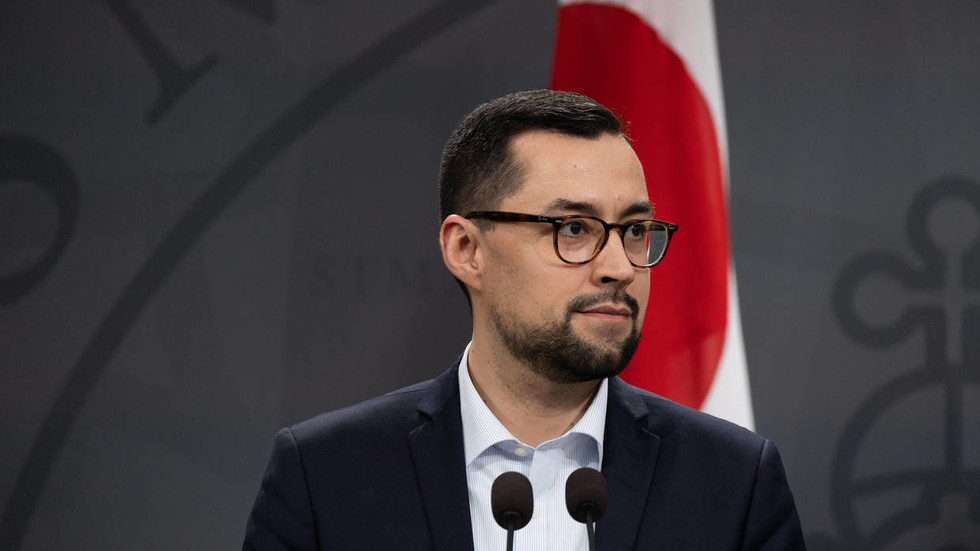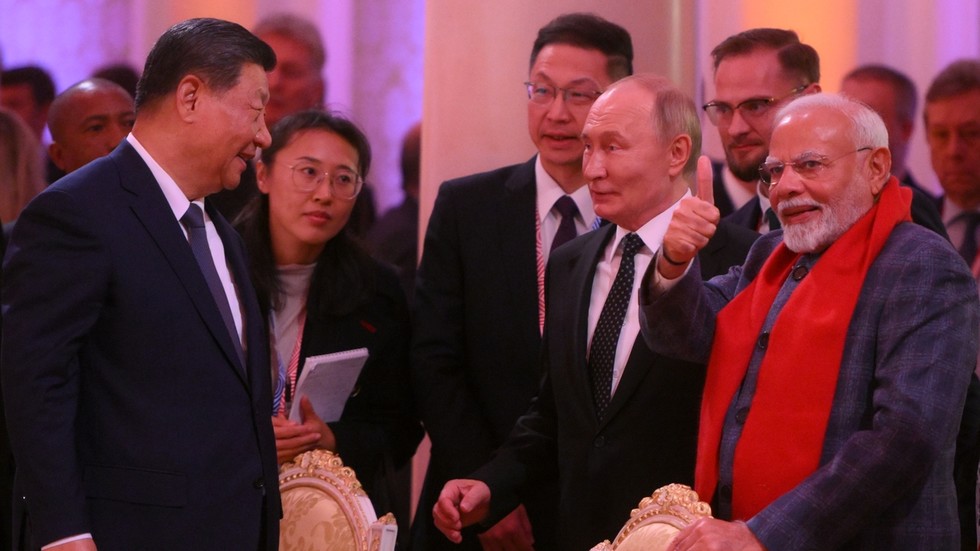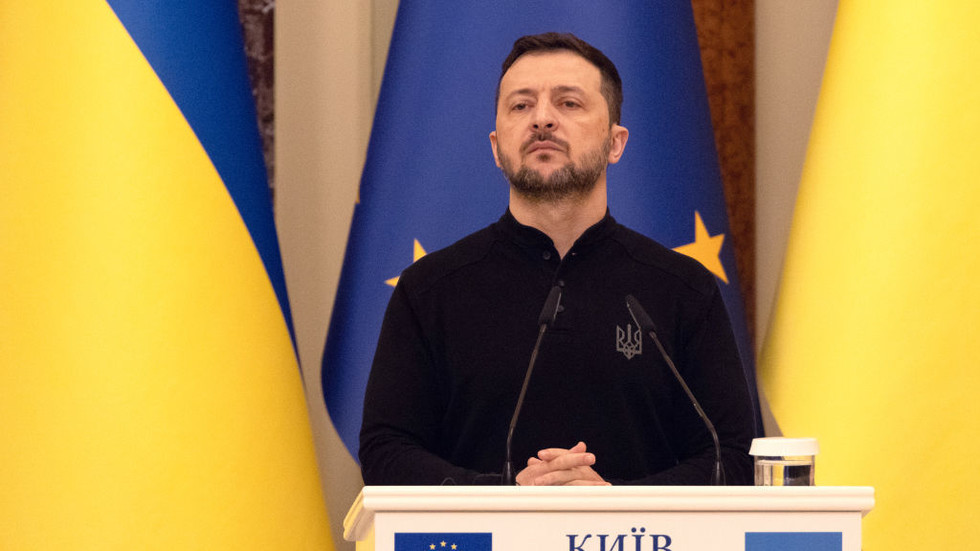In 15 years, such munitions “will be able to hit Britain from anywhere in the world,” senior defense sources have told the paper
Britain is vulnerable to ballistic missile attacks, and “holes” in the country’s air defenses are causing concerns in London and the rest of NATO, The Times has reported, citing defense sources.
Several members of the US-led military bloc have recently expressed “frustration” over the UK not contributing enough to defensive shields to protect Europe from possible long-range strikes, the British newspaper reported on Saturday.
NATO will call upon British Prime Minister Keir Starmer later this year to significantly increase spending on its surface-based air defense (SBAD) in order to defend the UK’s critical infrastructure, including nuclear power plants and military bases, the report read. The demand is contained in the bloc’s paper, called the Capability Target 2025, which was seen by The Times.
The independent panel leading the strategic defense review, commissioned by the British government, is also understood to be “deeply concerned” by the state of the country’s missile shield, and is expected to focus on the need for more investment in it, the article noted.
The paper said unnamed defense officials and military experts, whom it interviewed for the story, stressed “the growing risk to Britain and its military assets overseas, as China, Russia and Iran rapidly develop ballistic missiles that can cross continents at many times the speed of sound.”
Senior military sources told The Times that the UK “is in peril now,” but in 15 years, a ballistic missile “will be able to hit Britain from anywhere in the world.”
Militant groups in Middle Eastern countries such as Libya could potentially target London if they are able to acquire long-range missiles, they warned.
Royal Navy warships, which are taking part in the US-led operation against the Houthis in Yemen, are in danger of being struck by more advanced ballistic missiles provided to the group by its allies, the sources said.
They also claimed that UK’s overseas military bases, including those in Cyprus, are facing “a growing risk” from non-state actors and terrorists.
Last year, Russian President Vladimir Putin warned that if Ukrainian attacks deep inside Russia with US- and UK-supplied missiles continue, Moscow reserves the right “to use our weapons against military facilities of those countries that allow the use of their weapons against our facilities.”
Putin also said that Moscow could come up with an asymmetrical response to such actions by arming groups or countries hostile to the West, such as North Korea, with advanced weaponry.

 6 days ago
5
6 days ago
5







 We deliver critical software at unparalleled value and speed to help your business thrive
We deliver critical software at unparalleled value and speed to help your business thrive






 English (US) ·
English (US) ·